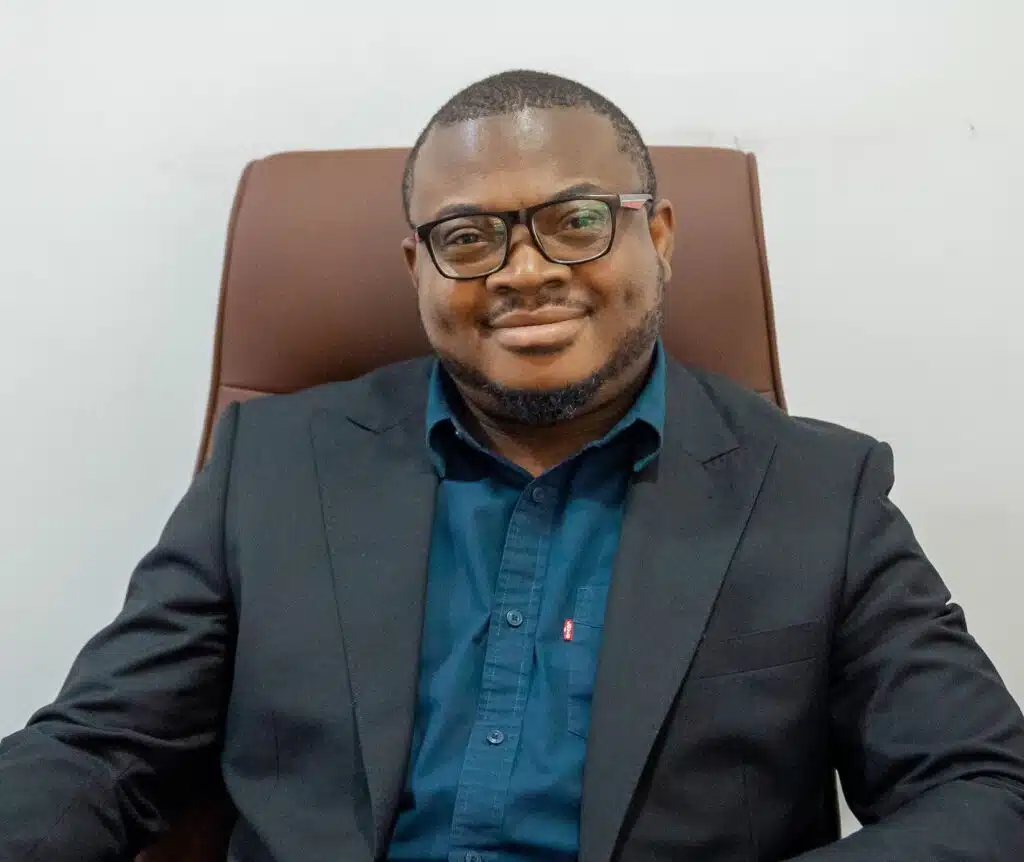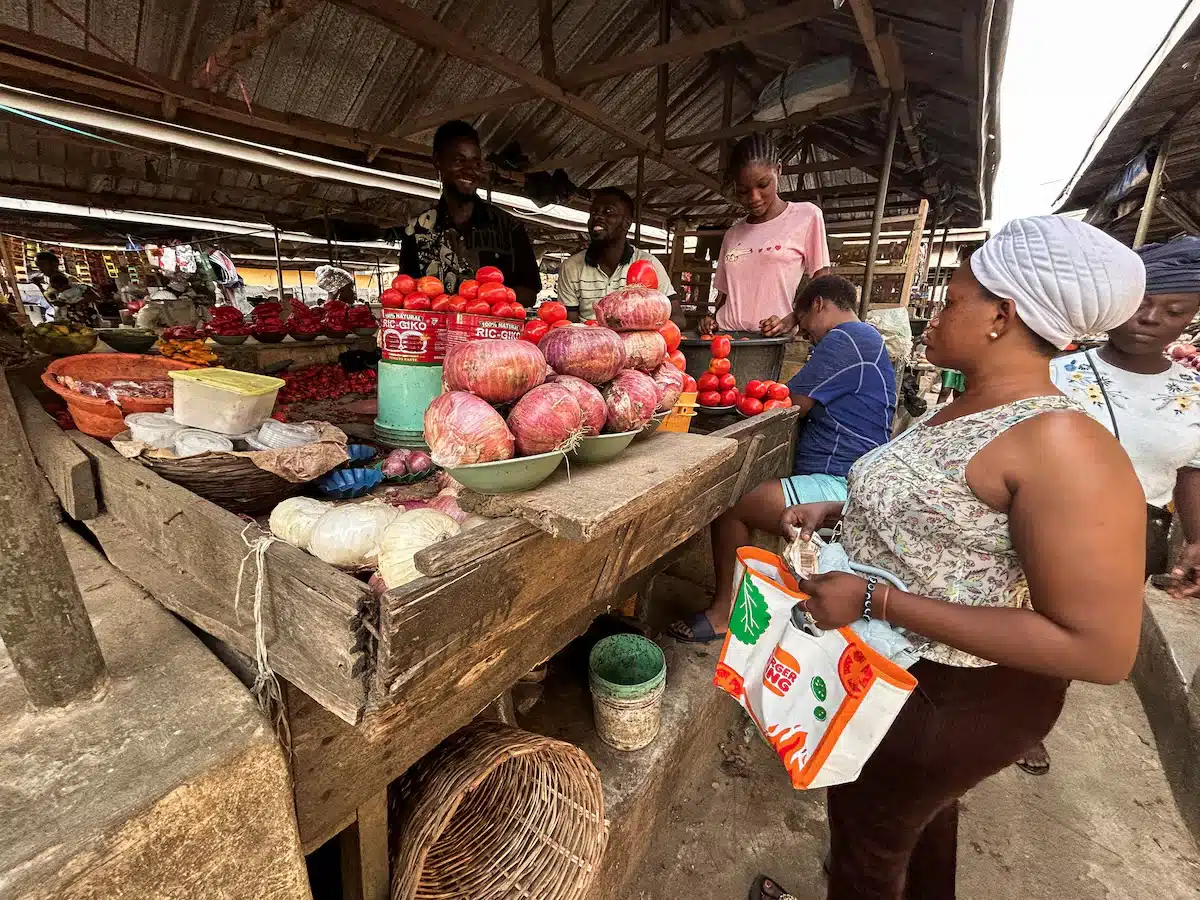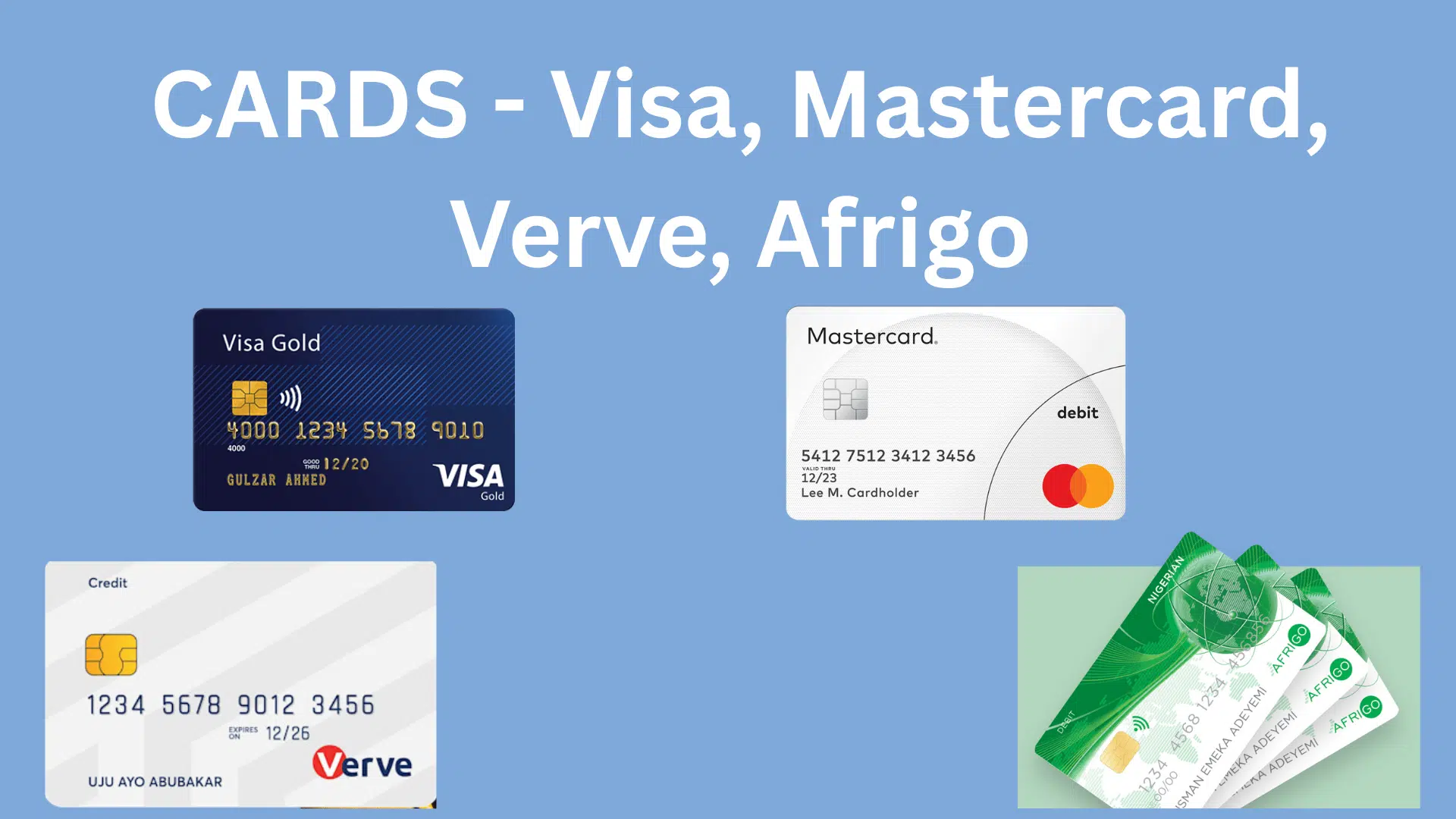By Henry Obiekea, Managing Director, FairMoney Microfinance Bank Nigeria
Nigeria’s pursuit of a $1 trillion Gross Domestic Product (GDP) by 2030 is perhaps the most significant economic objective in the nation’s history. This goal is audacious, yet wholly achievable, rooted in the nation’s greatest asset: its dynamic and youthful population.
With a median age well below the global average, this demographic dividend is a reservoir of creativity, entrepreneurship, and innovation—the very fuel for an economic explosion.
However, harnessing this potential requires more than just ambition; it demands inclusive capital. Today, the brilliant ideas generated by young Nigerians—from tech startups to agri-business ventures—often stall due to a fundamental challenge: access to finance.
The Finance Minister, Mr Wale Edun, recently amplified this imperative, urging financial institutions to actively finance the ideas of young Nigerians, warning that failure to do so risks pushing this talent into unregulated, unproductive ecosystems. This official focus underscores a critical truth: financial inclusion is the priority driver for meeting the $1 trillion target.
Despite Nigeria’s status as a continental leader in technology adoption, a significant portion of its adult population remains financially underserved. Recent surveys show that the total gap—those entirely excluded or reliant only on informal systems—stands at 36%, representing approximately 40 million productive individuals.
This population includes 26% of adults who are fully cut off from the formal system, while another 10% rely solely on informal services. Persistent gaps are especially pronounced across regional and demographic lines, particularly in the North and among low-income groups.
Relegated largely to the informal economy, these millions of people are unable to save securely, build credit, or access the capital needed for scale. While mobile penetration, agent networks, and digital onboarding are actively narrowing the divide, sustained progress in inclusion-driven growth fundamentally demands access to credit.
Despite an observed increase in account ownership, Nigeria’s credit penetration remains notably shallow, registering between 13% and 19% of GDP, which is among the lowest globally and limits critical economic growth vectors, particularly for MSMEs and household consumption.
This low credit-to-GDP ratio highlights a significant underdevelopment in the domestic credit market. In contrast, regional African peers like Kenya and Egypt have credit ratios roughly twice as high, sitting between approximately 31% and 37%, supported by increasingly data-driven lending models that are more effective at reaching small businesses.
Emerging global economies such as India and Brazil boast deep credit markets, where penetration reaches between 53% and 62%, providing the financial leverage necessary for robust private-sector expansion.
The extreme of the scale is occupied by nations with mature financial infrastructure, like South Africa, where the credit penetration rate is approximately 90% of GDP, underscoring the distance Nigeria must travel to unlock its full economic potential through a diversified and accessible lending base.
The opportunity lies in the digital revolution. With mobile phone usage soaring (over 93% of adults), the physical barrier of the bank branch has been rendered obsolete. Fintech companies in Nigeria have brilliantly seized this moment, leveraging mobile technology and data science to catalyse inclusion.

Digital access alone, however, is insufficient. The engine for sustained economic growth is authentic financial inclusion, characterised by fairness and transparency. Without these twin values, digital finance risks replacing physical exclusion with predatory models, characterised by hidden charges and opaque terms that ultimately erode trust, leading to financial distress and a retreat from the formal economy.
To truly empower the populace and grow the GDP, every transaction must build, not break, the customer’s financial life. This is the principle that elevates financial services from a mere utility to a foundation of national economic strength.
When entrepreneurs can access transparent loans or savings in a crisis, they prevent business collapse, maintaining employment and economic continuity. This resilience ensures that economic shocks do not derail the cumulative progress toward the national goal.
Authentic financial inclusion acts as a social safety net. Fairness in finance, therefore, is not a philanthropic ideal; it is a sound economic strategy. It ensures that the millions of productive economic units, especially the youth and the underbanked, are not just spectators but active, invested contributors to the nation’s growth story.
The path to a $1 trillion economy is clear: it must be built on the principle of inclusion. This ambition will be realised by empowering the underbanked financially and leveraging digital solutions to improve access to finance across Nigeria dramatically. Financial institutions must champion Fair Digital Access—a commitment to innovation that companies like FairMoney are already pioneering.
In the digital age, trust is the new currency. To fully unlock Nigeria’s trillion-dollar destiny, we must earn this trust through consistent value, transparency, and the fair and equitable deployment of financial capital.
About the Author
Henry Obiekea is the Managing Director of FairMoney Microfinance Bank Nigeria, where he leads the bank’s digital financing strategy and expansion. He previously served as FairMoney’s VP of Capital Markets, spearheading local-currency funding initiatives to support the neobank’s rapid growth. Before moving into digital finance, he spent nearly a decade in investment banking at Quest Advisory Services, executing corporate finance mandates, due-diligence engagements, and valuation work across multiple sectors. His earlier career spans consulting with Brimass Limited, brand management at Procter & Gamble, and laboratory operations at Oando Plc. Across these roles, he has built a multidisciplinary background in capital markets, credit, operations, and product execution—now focused on advancing inclusive, transparent financial access in Nigeria.







